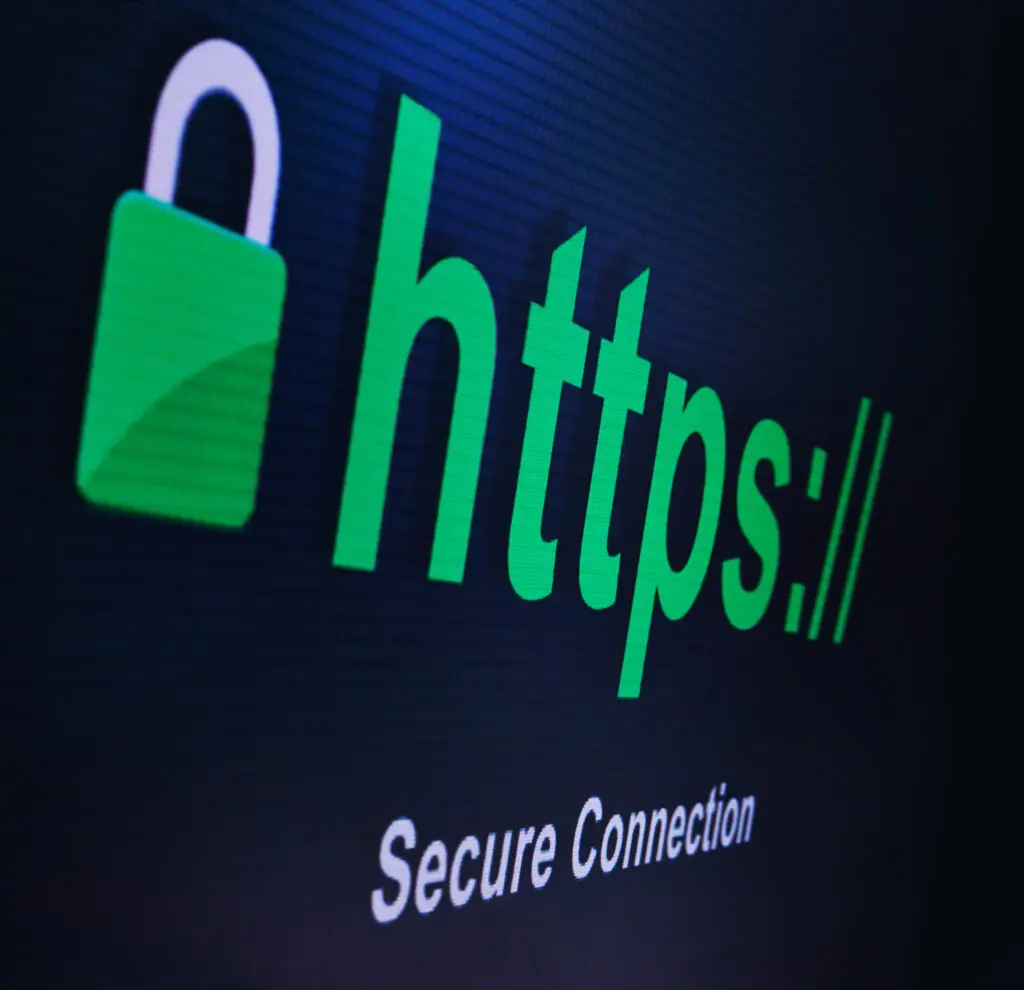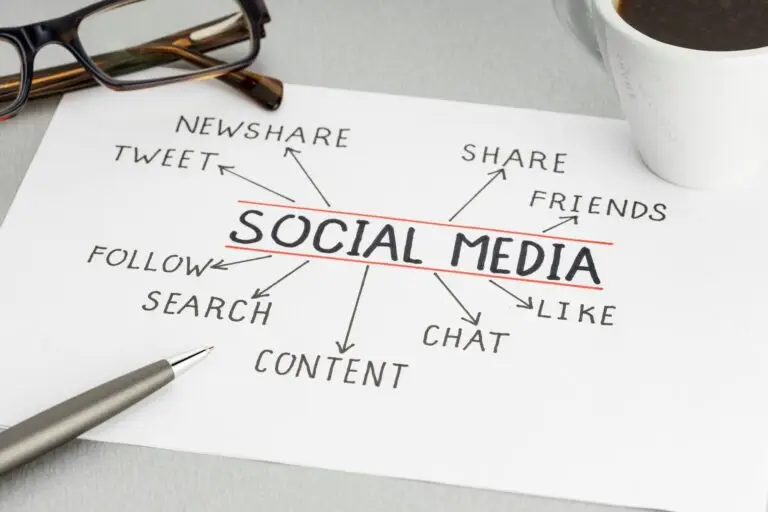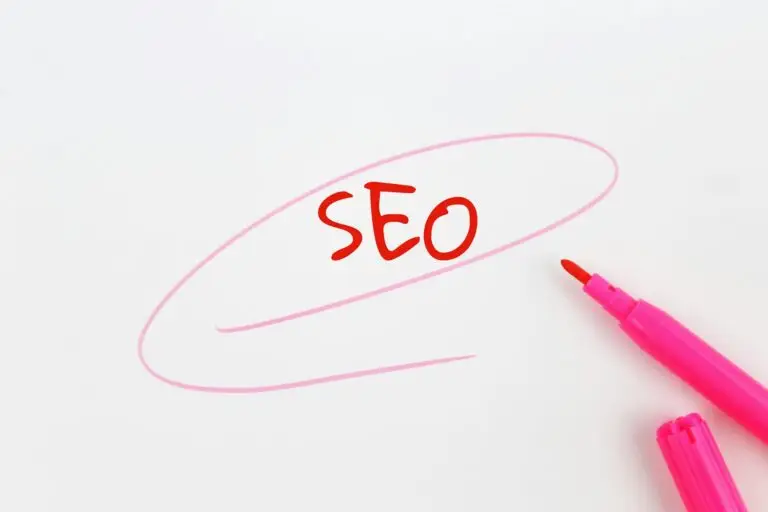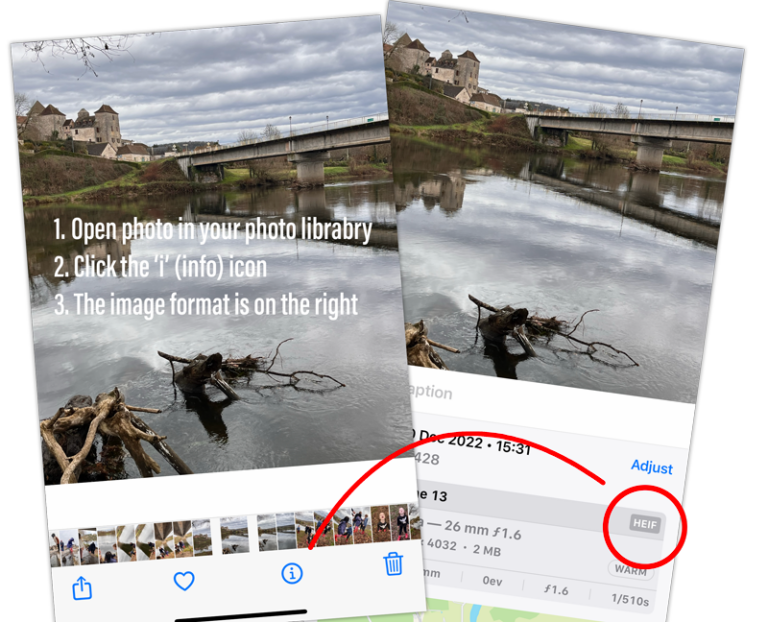The Importance of SSL Certs : Beyond Payment Security

We’ve been creating websites for over 20 years and, as you’d expect, web technologies have changed dramatically in that time.
Security is now an essential part of websites build and ensuring the security and trustworthiness of your website is paramount.
While many website owners understand the necessity of Secure Sockets Layer (SSL) certificates for sites that handle payments, there remains a misconception that SSL is not essential for other types of websites.
Nowadays, this is simply not the case and anyone with a website would be foolish to ignore the need to have one whether for a blog, portfolio, or informational site, having an SSL certificate is crucial. Here’s why.
1. Encryption and Security
An SSL certificate encrypts data that is transmitted between your website and its visitors. This ensures that any information exchanged—whether it’s a login credential, personal details in a contact form, or even just their browsing behaviour, is protected from eavesdroppers and potential hackers.
Without this encryption, it is possible to intercept sensitive data allowing it to be used for malicious purposes and leading to potential breaches of privacy and security.
2. show your site Visitors they can Trust You
When visitors come to your website, when an SSL is installed, they will see the padlock symbol in the address bar next to your site URL (address)*, it shows them that your website is secured and trustworthy.
This significantly influences visitors perception of a site and in turn, their willingness to interact or if they will continue looking through the site at all.
Studies show a significant number of visitors will not use an unsecured site
A secure connection reassures users that you are taking their privacy seriously.
*This can vary from browser to browser
3. Boosting SEO Rankings
It was Google that started to push to making all sites secured back in 2018 and now, Google and most other search engines prioritise secure websites in their ranking algorithms. What this means is that websites with SSL certificates are likely to rank higher in search results compared to their non-secure counterparts. By securing your site with an SSL, you are not only going to protect your visitors but also improve your website visibility and reach so drive more traffic to your site.
In addition, if you want other sites to link to you, e.g. from a directory or other related site, then you will need an SSL as linking to a non-secured site will put a ‘Not secure’ notice on the other site too. This will be enough for many sites to remove your link.
4. Compliance with Modern Web Standards
When this was first introduced, you only saw a notice when a website was secured. Over time this has changed and now, many web browsers, including Google Chrome, Apple Safari and Mozilla Firefox, pro-actively flag non-HTTPS sites as “Not Secure,” with a prominent warning in the address bar.
This can have a detrimental affect on your site visitors and studies have shown nearly 50% can look elsewhere rather than continue on an unsecured site. By installing an SSL certificate, you align with modern web standards and avoid alarming your potential visitors.
5. Protection Against Phishing Attacks
Phishing attacks often take the form of fake versions of legitimate sites to trick visitors into providing sensitive information. SSL certificates help mitigate this risk by verifying the authenticity of your site.
When users see that your site is secure, they can be more confident that they are not being duped by a malicious impostor.
6. Future-Proofing Your Site
In the 20 years we’ve been creating websites, the internet has continuously evolved and security standards are becoming increasingly stringent.
Google and other searches are changing their algorithms constantly and it’s extremely difficult to keep up with it all. By having an SSL now, you are ensuring that you will not be caught out as they tighten up on security even further
How to Get an SSL on your site
If your site doesn’t have an SSL getting on installed doesn’t have to be a complicated process and many host companies will install one for you for a fee. Like us, many web designers and hosting providers offer SSL certificates as part of their hosting packages but can install one for you if not and this is where you should start looking. There are some factors you will want to be aware of
1. Choose Your SSL Certificate:
Determine whether you need a basic, wildcard, or extended validation SSL certificate based on your site’s requirements. The basic will do for most but a wildcard is be needed to sites using sub-domains. An extended is generally for larger businesses
2. Update Links:
Ensure all internal links, images, and scripts use HTTPS instead of HTTP
3. Test:
On a small site, you can just look through the site and check the padlock is showing on all pages. On larger sites a tools like SSL Labs’ SSL Test can help verify your SSL certificate is installed correctly and your site is secure.
4. Renew When Due:
Keep track of your SSL certificate’s expiration date and renew it when necessary to maintain continuous security. If you have someone looking after your site then do make sure this is taken care ofz
Conclusion
An SSL certificate is not just for e-commerce sites; it’s an essential part of modern web security and user trust. By encrypting site data, enhancing your sites credibility, improving its SEO rankings, ensuring compliance with web standards, protecting against phishing, and boosting performance, SSL certificates offer a wide range of benefits to your site and visitors that extend beyond payment security. Adding SSL security is a simple but powerful step towards creating a secure, reliable, and successful online presence.











